US President Donald Trump has sent his envoy, Richard Grenell, to the Venezuelan capital, Caracas, to deliver an ultimatum to the head of state, Nicolás Maduro, on the consequences of refusing to unconditionally readmit Venezuelans who have been deported from the US. A discussion led by Grenell, the controversial US ambassador to Germany until July,.
“President Trump expects Nicolás Maduro to take back all Venezuelan criminals and gang members who have been sent to the United States, and to do so unequivocally and without conditions,” said US Special Envoy for Latin America, Mauricio Claver-Carone.
It involves law enforcement, immigration authorities, border patrol officials, and even the US military in deporting immigrants-one of the key points of Trump’s second-term agenda. Trump previously referred to Latin American migrants as “poisoning the blood of America.” He blamed Maduro for the current wave of illegal immigrants entering the US, alleging that the latter deliberately releases prisoners to send criminals into the US. Washington at the same time continues to deny legitimacy to the election that allowed Maduro to stay in power.
Asked if Grenell’s visit meant the US now recognizes Maduro as Venezuela’s duly elected leader, White House Press Secretary Karoline Leavitt said, “Absolutely not.”
Venezuelan Deportees at Risk
In the past decade, millions of Venezuelans have fled their country, including some 600,000 living in the US under deportation protections offered by former President Joe Biden.
Trump vowed, along with Homeland Security Secretary Kristi Noem, to revoke Biden’s TPS designation for Venezuelans, leaving them vulnerable to deportation and even persecution upon return.
The Venezuelan opposition welcomes the tough talk on deporting violent thugs like the Tren de Aragua gang but is not as keen on his potential move to eliminate TPS for what it describes as law-abiding Venezuelan immigrants.
Opposition leader Edmundo González, who the US and its allies consider the legitimate president of Venezuela following the disputed election, echoed those sentiments. Having attended Trump’s inauguration on January 20, González warned that canceling TPS would unfairly penalize honest Venezuelans.
US Pushes for Release of Jailed Americans
Another priority for Washington is the freedom of several US citizens currently imprisoned in Venezuela. Though the exact number is not known, Venezuelan officials have mentioned at least nine detainees that Caracas often describes as “terrorists” or “mercenaries.”
The Venezuelan government routinely accuses the opposition of working with the CIA to plan attacks and coups—something the US has repeatedly denied.
“I strongly urge the Maduro regime to comply with Special Envoy Ric Grenell’s demands, or it will face consequences,” Claver-Carone warned.
In 2023, Venezuela released ten American prisoners in exchange for Washington releasing a jailed Maduro ally.
Oil Trade as a Key Tension Point
Oil remains a major factor in US-Venezuela relations. Although China is Venezuela’s largest buyer of oil, the US comes second. Major American energy companies also operate in Venezuelan waters with huge investments on the line.
One such deal, Chevron’s special drilling permit, is up for renewal. On Friday, Chevron CEO Mike Wirth told the Financial Times that the company plans to reach out to the White House about its renewal.
But Trump has threatened to halt the purchases of Venezuelan oil if Caracas refuses to toe the line.
“This is not a quid pro quo, nor a negotiation. The president Trump has been very clear in stating that we do not need Venezuelan oil,” Claver-Carone said.
Tensions Leave Trump with Few Leverage Options
US-Venezuela relations have remained cold over decades marked by breakdowns in diplomatic ties, sanctions, and public spats.
During his first term, Trump pursued a “maximum pressure” strategy against Maduro, branding him a “dictator.” His successor-turned-predecessor, Joe Biden, took an even tougher stance.
In April 2024, Biden reinstated sweeping oil sanctions on Venezuela over its failure to hold free and fair elections. He also imposed targeted sanctions on numerous Venezuelan officials and increased financial rewards for information leading to their arrests—including Maduro himself.
With these already in place, there is not much room left for Trump to escalate economic pressure on Venezuela or turn the screws tighter on Maduro’s government.
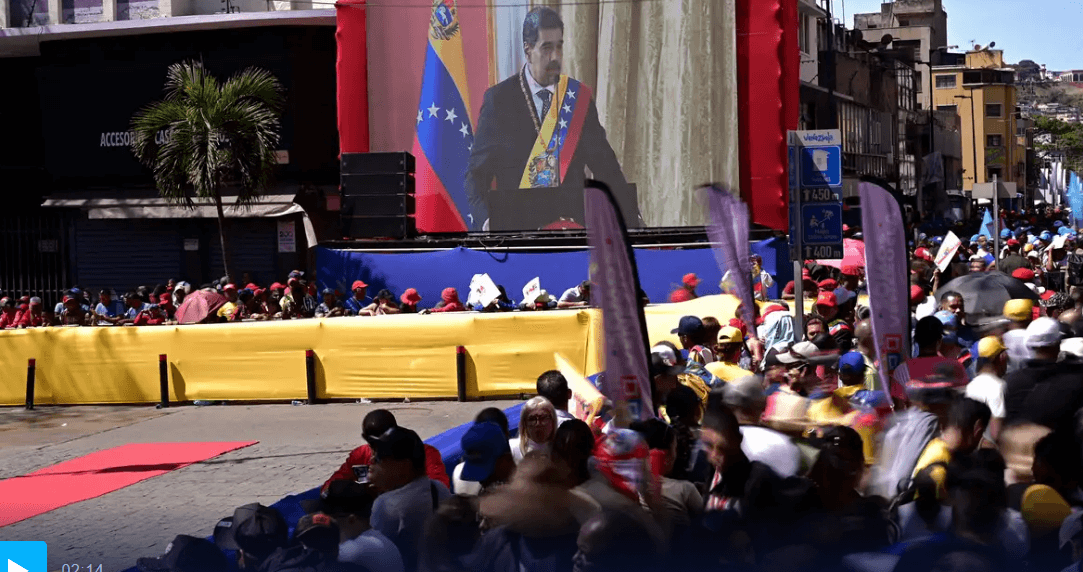
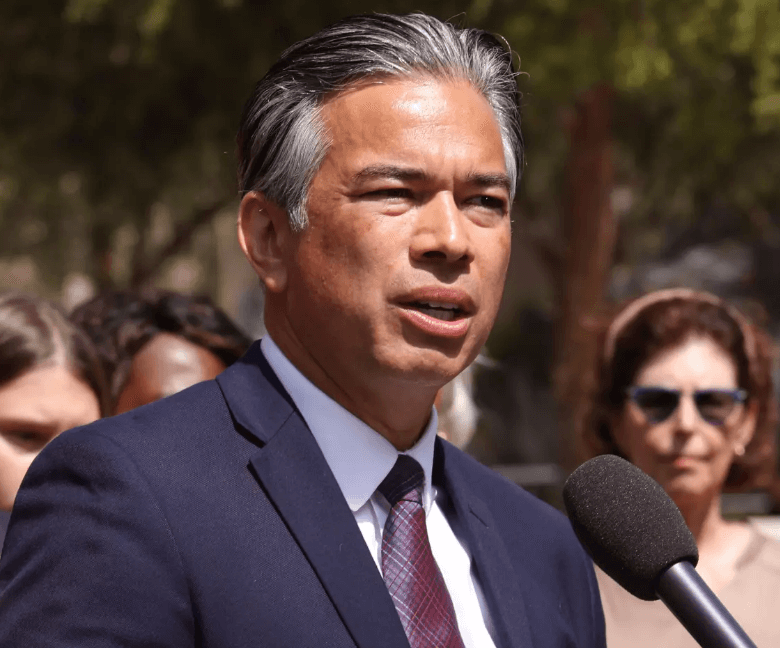

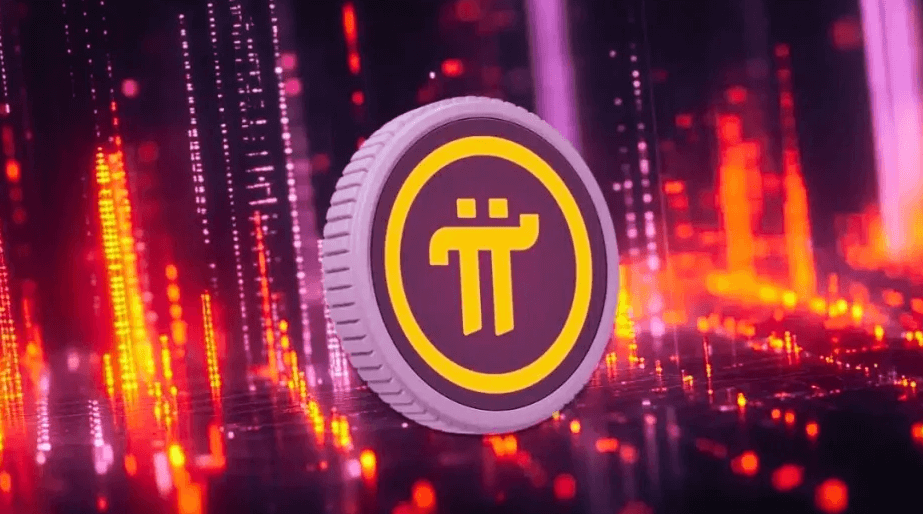
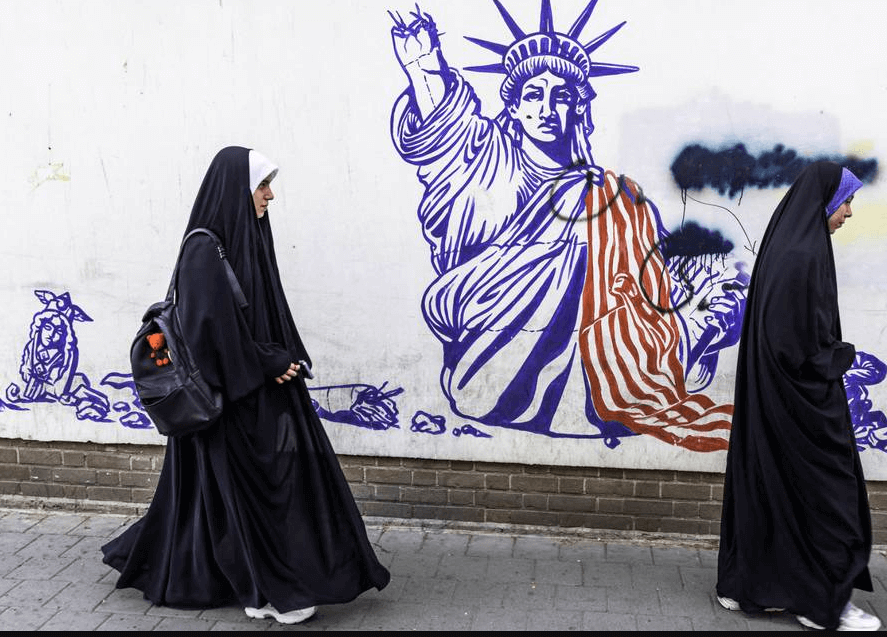
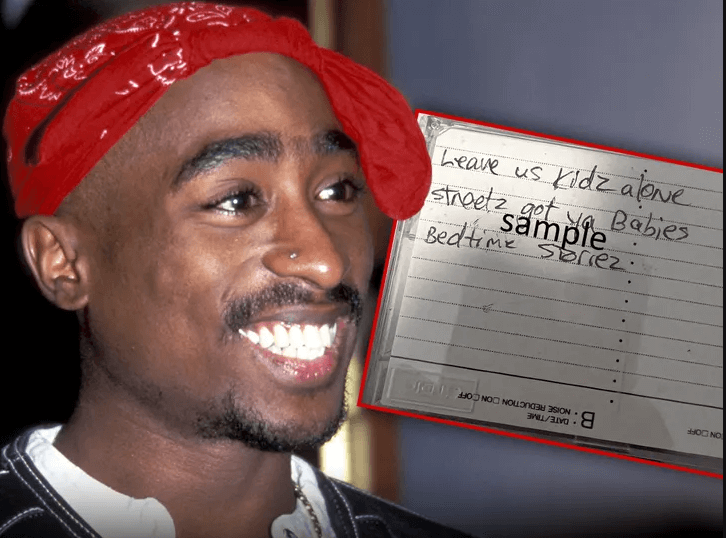

Leave a Reply